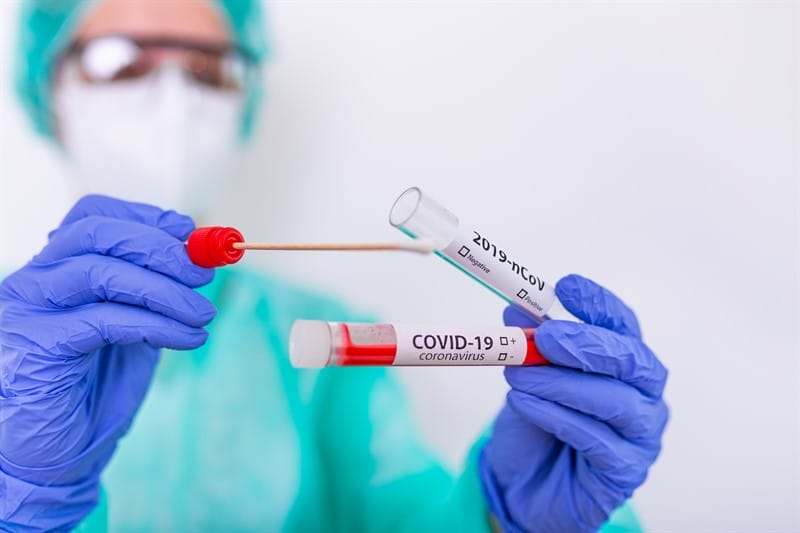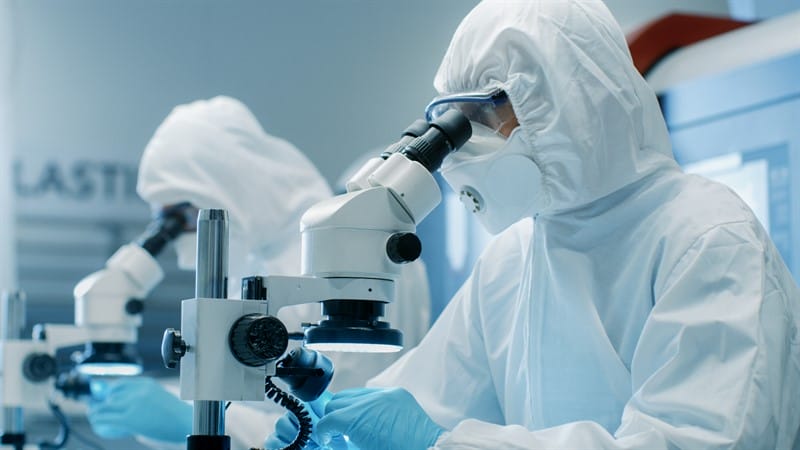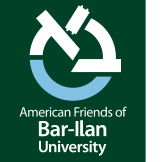Coronavirus Research at Bar‑Ilan
Bar-Ilan’s dual campuses — in the center of Israel in Ramat Gan and in the peripheral North in Tzfat — allow researchers across both campuses to collaborate and strengthen one another’s work. These research advantages are further enhanced by our close
relationships with clinics and hospitals in the North, which allow us direct access to patients. During the current pandemic, faculty and students from Bar-Ilan’s Medical Faculty have been instrumental in developing and using diagnostic centers, both offering crucial
help, and gathering important information. Bar-Ilan has top expertise in three areas critical to the present fight against Corona, as well as in preparation for future pandemics. Click below to read some examples of the top research being done in these areas.
Bar-Ilan’s dual campuses — in the center of Israel in Ramat Gan and in the peripheral North in Tzfat — allow researchers across both campuses to collaborate and strengthen one another’s work. These research advantages are further enhanced by our close relationships with clinics and hospitals in the North, which allow us direct access to patients.
During the current pandemic, faculty and students from Bar-Ilan’s Medical Faculty have been instrumental in developing and using diagnostic centers, both offering crucial help, and gathering important information.
Bar-Ilan has top expertise in three areas critical to the present fight against Corona, as well as in preparation for future pandemics. Click below to read some examples of the top research being done in these areas.
Public Health
Public Health is the research area focusing on all the non-medical factors that are relevant in health. In order to understand how to most effectively treat individual health, one needs to consider multiple variables: genetics of a population group, socioeconomic status, and broader policy decisions that affect larger communities. Without incorporating these variables into health decisions, not only will prevention and treatment not be helpful, certain choices can actually cause additional harm.

Project 1:
Optimal vaccine distribution under constrained conditions:
Mathematician Prof. Baruch Barzel, and Virologist Prof. Michael Edelstein are developing the safest, fairest and most effective model for vaccine distribution.
Learn More
Professor Baruch Barzel, an expert in complex networks, and Professor Michael Edelstein, a world renowned virologist, suggest that by ignoring specific viral spreading patterns, existing strategies conclude that maximum effectiveness is directly related to the amount of vaccines available. They have found this is not the case, but rather that by mimicking viral spread one can be more efficient and successful with fewer vaccines.
Together with the Israeli government, Professors Barzel and Edelstein are incorporating all relevant biologic, socio-economic and virologic data in their development of the safest, fairest, and most effective model for vaccine distribution.
Project 2:
Care for the chronically ill during a time of pandemic:
Bar-Ilan Medical students are visiting quarantined chronically ill patients to help treat their medical and mental health needs.
Learn More
Bar-Ilan’s advanced medical students are being trained to visit these individuals and deliver both primary health and psychological care. This proactive program is expected to minimize the negative effects on the self-isolating population, compared to other groups who are not given prophylactic attention and care. The results of Bar-Ilan’s unique program will have implications not only for this chronically ill population in the Galilee, but for all similar populations around Israel and internationally.
Project 3:
Education and prevention of Coronavirus spread among vulnerable Arab populations:
Bar-Ilan has created a unique program to help stop the spread of Coronavirus in Arab villages in the North.
Learn More
Arabic-speaking Bar-Ilan students have been educated in the specific cultural norms and values of these villages; this, combined with the level of respect already earned by the faculty and researchers of Bar-Ilan, creates a much greater likelihood of being accepted and listened to as experts. These students will be speaking with villagers and passing out “community kits” with information on preventive care.
Nano-Technological Prevention, Treatment and Engineered Diagnosis
One of the tremendous advantages Bar-Ilan has is the strength of its award-winning Institute of Nanotechnology. Over 100 researchers working in 64 advanced laboratories manipulate material in atomic or molecular form. Physicists, chemists and engineers collaborate with professors from our Faculties of Life Sciences and Medicine to advance cutting edge precision treatments for Corona.

Project 1:
Immediate and non-invasive detection of Coronavirus-associated symptoms:
Engineering Dean Zeev Zalevsky has developed a camera that uses laser to scan for coronavirus symptoms.
Learn More
A camera and laser, using patented technology, measures physiological variables such as temperature and oxygen saturation to identify those likely to be infected.
Project 2:
A clinical trial for a safer treatment for Coronavirus-affected lungs:
Azrieli Medical Faculty Dean Karl Skorecki is testing a new, less dangerous, and more effective treatment to improve Covid-19 patients’ lungs.
Learn More
A clinical research team at Bar-Ilan University’s Azrieli Faculty of Medicine led by Dean Karl Skorecki, in collaboration with colleagues at the affiliated medical centers throughout the country, has received approval for a clinical trial using a small peptide which protects the lungs and is anti-inflammatory (FDA- approved for other purposes).
The goal is to minimize lung injury and prevent or lower the need for artificial respiration and ventilator support.
Project 3:
A quicker accurate test for Coronavirus:
Engineering Prof. Amos Danielli has reduced the time needed to test for Covid-19 from 2 hours to 15 minutes.
Learn More
His technology is already being used in the Health Ministry’s central virology laboratory to test patients for the presence of the viral RNA of SARS and MERS, and he is adapting it for Covid-19 testing.
Project 4:
Ultimate protection against Coronavirus:
Prizewinning Chemist Prof. Doron Aurbach has developed a disinfectant that safely and completely kills the corona virus on surfaces.
Learn More
Professor Doron Aurbach, international prizewinning electro-chemist, has developed an innovative and inexpensive disinfectant solution that completely kills viruses — including Covid-19 — while remaining safe for humans. The material has been clinically tested by virologists and in hospitals.

